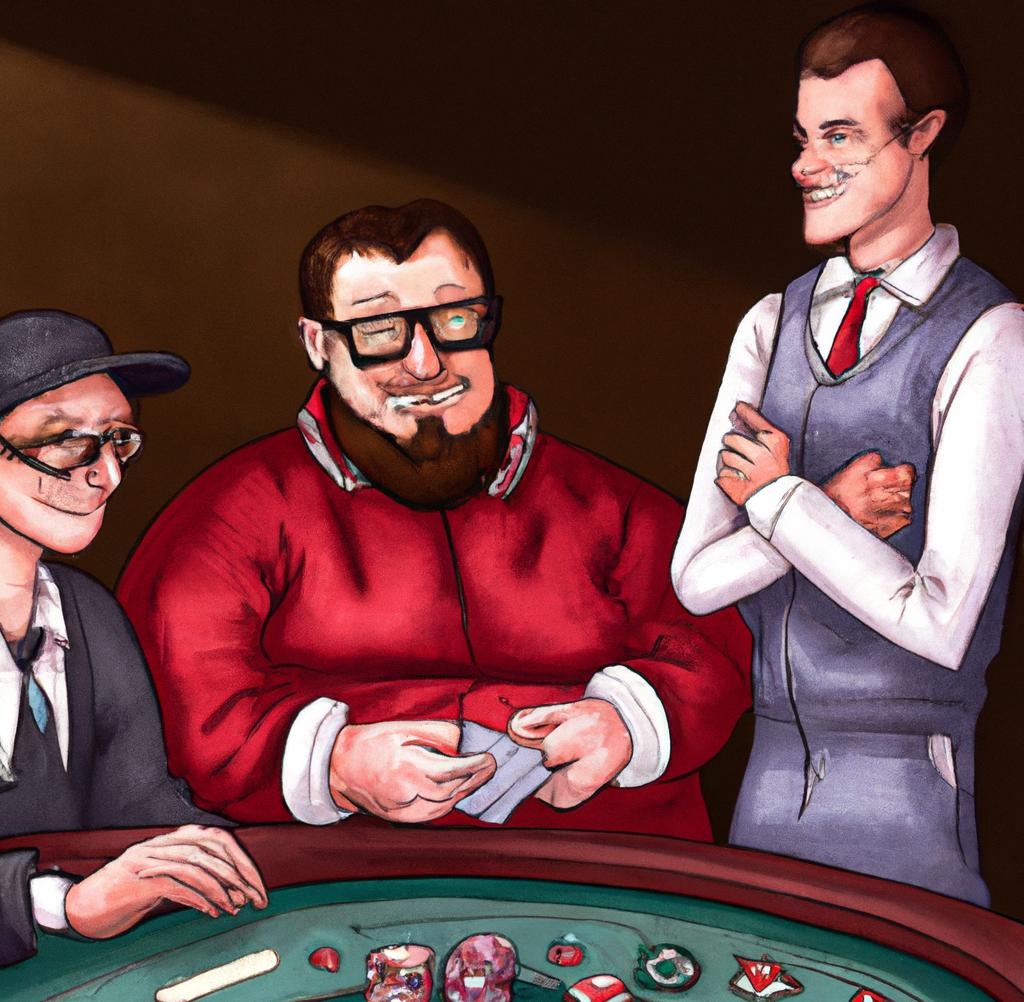Insurance is a popular term in the world of gambling, especially in the game of Blackjack. If you are a regular player of Blackjack, you might have heard the term insurance quite often. But, do you know what insurance means in Blackjack and how it works?
In this tutorial, we will discuss everything about insurance in Blackjack, including what it is, how it works, when to take it, and whether or not it’s worth taking.
Exclusive BlackJack Casino Offers:
What is Insurance in Blackjack?
Insurance is a side bet that players can make when the dealer’s upcard is an Ace. The purpose of taking insurance is to protect yourself against the possibility of the dealer having a natural blackjack. A natural blackjack occurs when the dealer has an Ace and a 10-value card (10, Jack, Queen or King) as their two initial cards.
If you take insurance and the dealer has a natural blackjack, you will win the insurance bet at a payout rate of 2:1. This means that if you bet $10 on insurance and the dealer has a natural blackjack, you will receive $20 as your payout.
On the other hand, if you take insurance and the dealer does not have a natural blackjack, you will lose your insurance bet but can still win or lose your original wager depending on whether or not your hand beats the dealers.
How Does Insurance Work?
When playing Blackjack, if the dealer’s upcard is an Ace, they will offer players to place an ‘insurance’ bet. The player can choose to place an additional bet up to half their original wager on whether they think the dealer has a natural blackjack or not.
If the player decides to take insurance and if indeed the dealer has a natural blackjack then they will receive their payout at odds of 2:1. This means that for every dollar placed on an insurance bet they will receive $2 if successful.
However, if they are unsuccessful and the dealer doesn’t have a natural blackjack, then they will lose their insurance bet. It’s important to note that even if the player loses the insurance bet, the game can still continue and the player can still win or lose their initial bet.
When to Take Insurance
As a general rule, taking insurance is not recommended in Blackjack. The reason being that it has a very high house edge and over time will see players lose more money than if they never took insurance.
The house edge on insurance bets is around 7.5%, which is much higher than the standard Blackjack house edge of around 0.5%. This means that for every $100 placed on an insurance bet, players will only receive $92.50 back on average.
However, there are certain situations where taking insurance might be considered a good strategy. For example, if you are counting cards and know that there are a higher number of 10-value cards remaining in the deck, then taking insurance might be profitable in the long run.
Is Insurance Worth Taking?
In most cases, taking insurance in Blackjack is not worth it due to its high house edge. It’s important to remember that Blackjack is a game of skill where players can use various strategies to minimize their losses and increase their chances of winning.
If you want to make money playing Blackjack, it’s better to focus on using basic strategy and card counting techniques rather than taking risky side bets like insurance.
In conclusion, while insurance may seem like an attractive option when playing Blackjack, it’s important to understand its risks and limitations before making any decisions. If you are looking to improve your overall gameplay experience and increase your chances of winning at Blackjack, focusing on mastering basic strategy and card counting techniques should be your top priority.





